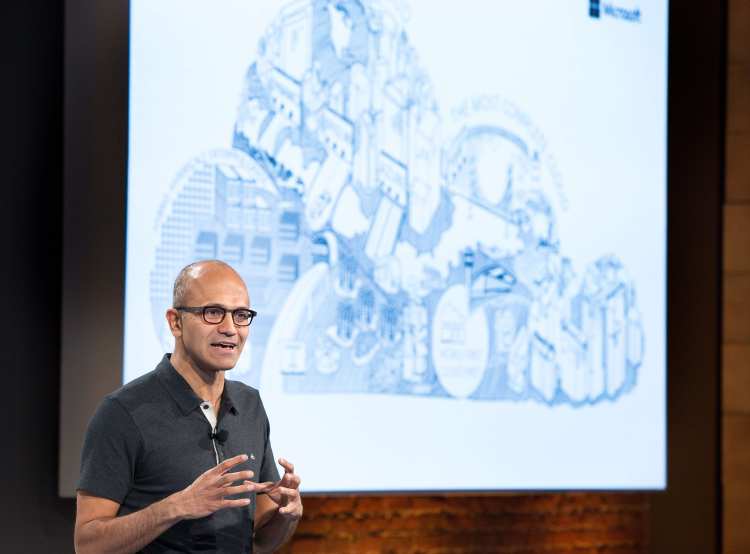Microsoft today is announcing Azure Service Fabric, a new cloud service for building and running applications in small building blocks known as microservices.
Azure Service Fabric is a contemporary implementation of the platform-as-a-service (PaaS) cloud. Microsoft first entered that market in 2010 with Windows Azure. But the new system should attract interest from developers keen on rapidly updating certain parts of applications, instead of entire monolithic applications. It could be a good fit for companies that provide cloud software and want to respond to customer feedback in short order.
“They don’t have to worry about the operational elements of placement and orchestration or lifecycle management,” Mike Schutz, general manager of product marketing in Microsoft’s Server and Tools division, told VentureBeat in an interview.
Microsoft plans to launch a preview of Azure Service Fabric at the company’s Build conference later this month. After that, Microsoft will provide a version of it in a future release of the company’s Windows Server software, for use in on-premises data centers.
As such, Service Fabric could help Microsoft bring modern software development approach to companies’ existing IT infrastructure.
But Azure Service Fabric is also another way for Microsoft to appear distinct and helpful as it competes in the cloud infrastructure market with the likes of Amazon Web Services and Google Cloud Platform, among others.
Schutz doesn’t see direct competitive services from those cloud providers, although he did mention Pivotal’s Cloud Foundry PaaS system in the discussion about competition.
Azure Service Fabric can work with increasingly popular container technology for packaging up application code and moving it from one server environment to another without code changes.
And it can handle both stateless and stateful microservices, Schutz said.
“You can spin up hundreds or even thousands of these microservices on a virtual machine and scale them down very rapidly,” he said.
Microsoft initially is targeting Windows for the new service, although Linux support will follow, the company said in a blog post on the news.


